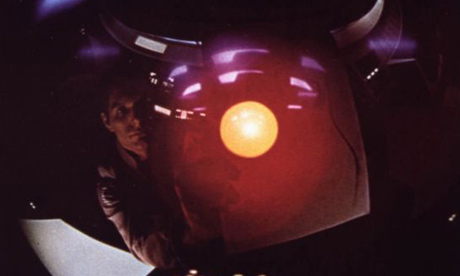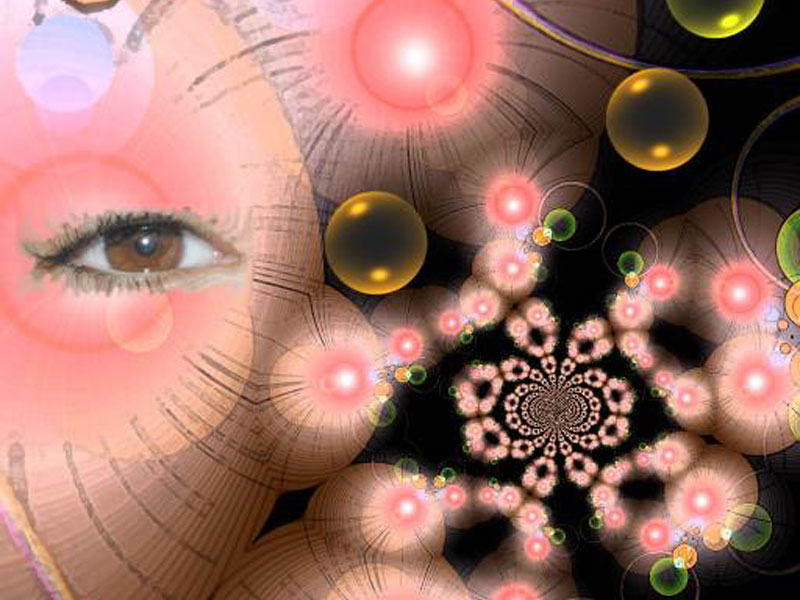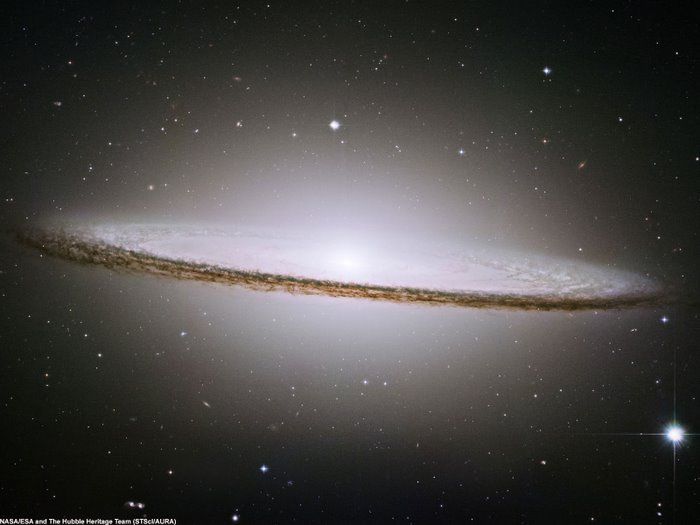
The Author of The Singularity is Near provides an article published in the March-April 2006 edition of Futurist Magazine that summarizes the predictions from his book regarding the near term future of human and technological evolution.



The essence of the Selfish Biocosm hypothesis is that the universe we inhabit is in the process of becoming pervaded with increasingly intelligent life—but not necessarily human or even human-successor life. Under the theory, the emergence of life and increasingly competent intelligence are not meaningless accidents in a hostile, largely lifeless cosmos but at the very heart of the vast machinery of creation, cosmological evolution, and cosmic replication. However, the theory does not require or even suggest that the life and intelligence that emerge be human or human-successor in nature.
"I will first present a non constructive argument showing that the mechanist hypothesis in cognitive science gives enough constraints to decide what a "physical reality" can possibly consist in. Then I will explain how computer science, together with logic, makes it possible to extract a constructive version of the argument by interviewing a Modest or Löbian Universal Machine. Reversing von Neumann probabilistic interpretation of quantum logic on those provided by the Löbian Machine gives a testable explanation of how both communicable physical laws and incommunicable physical knowledge, i.e. sensations, arise from number theoretical relations."




